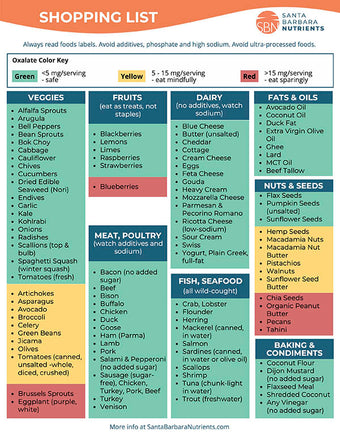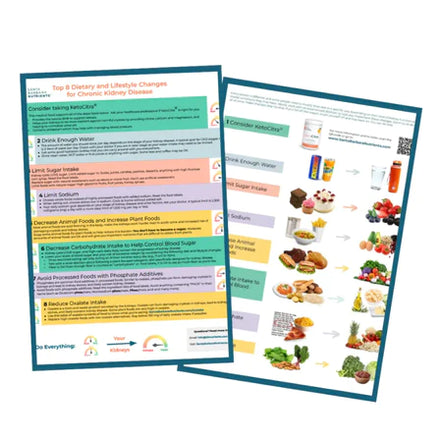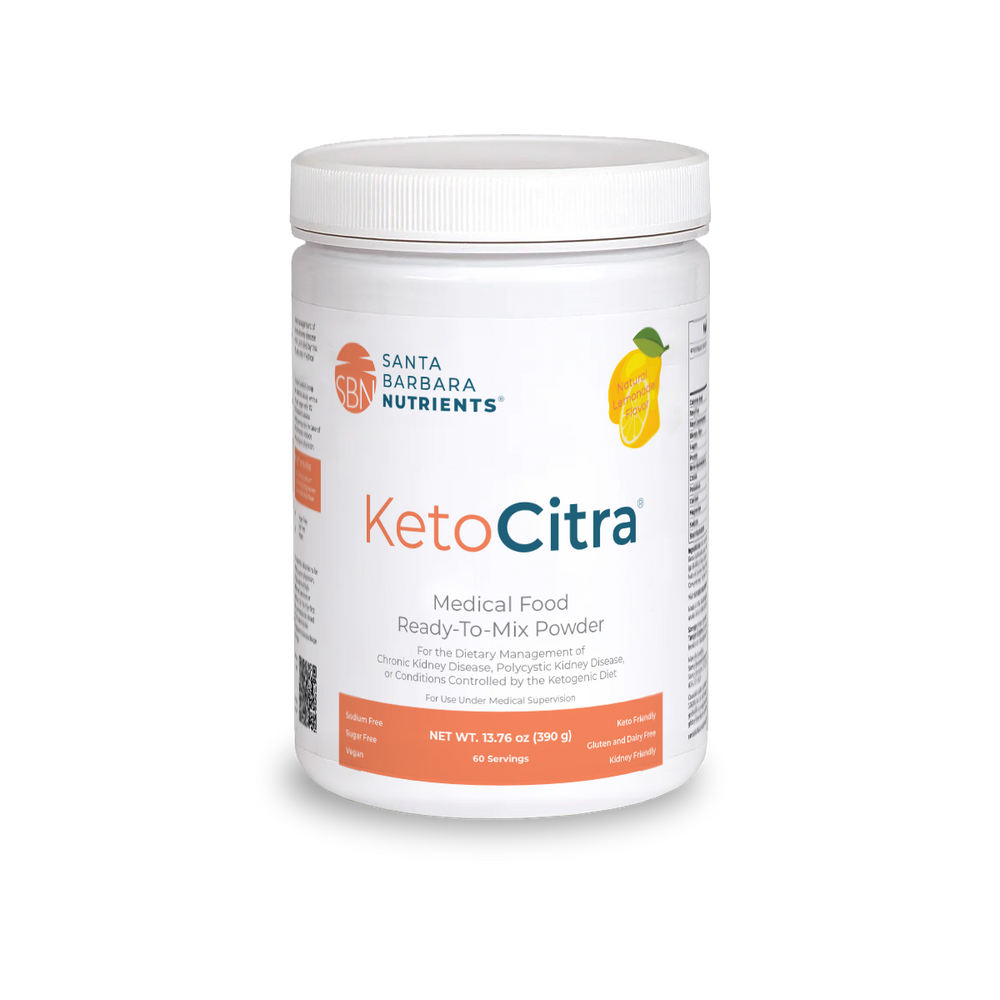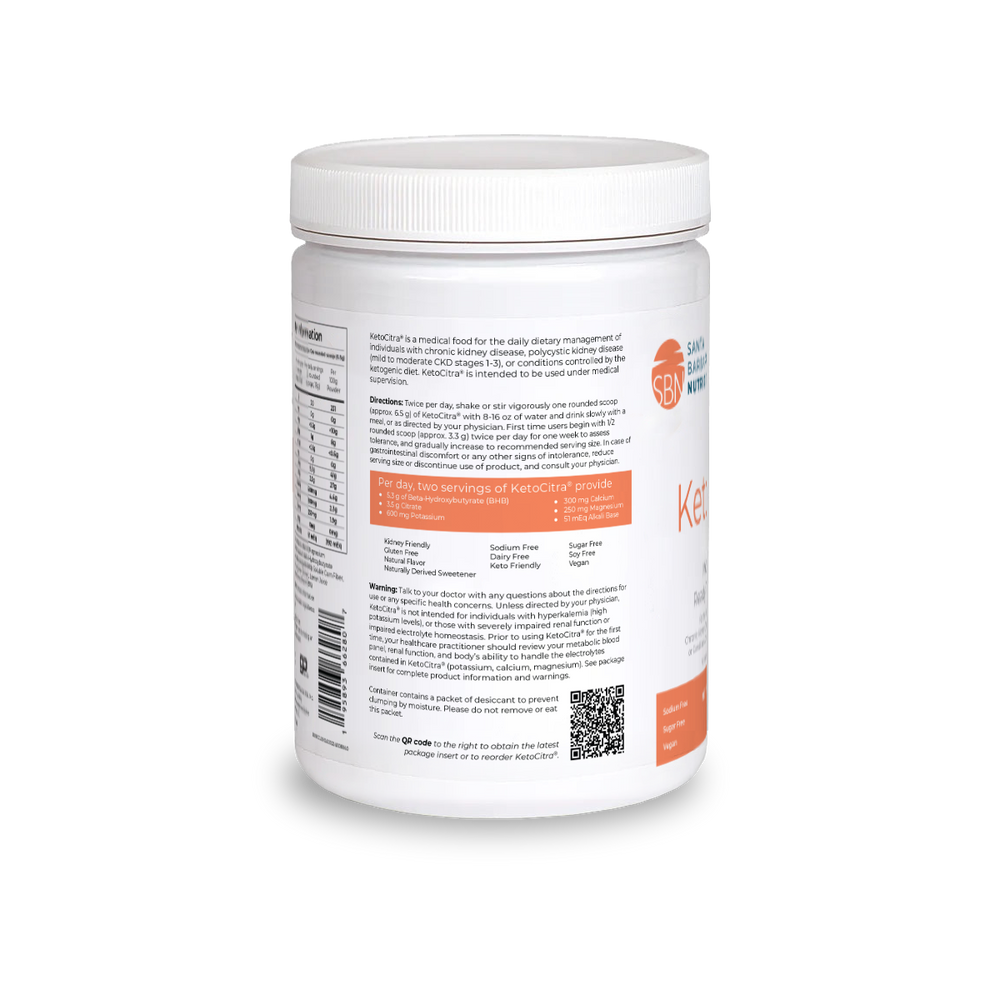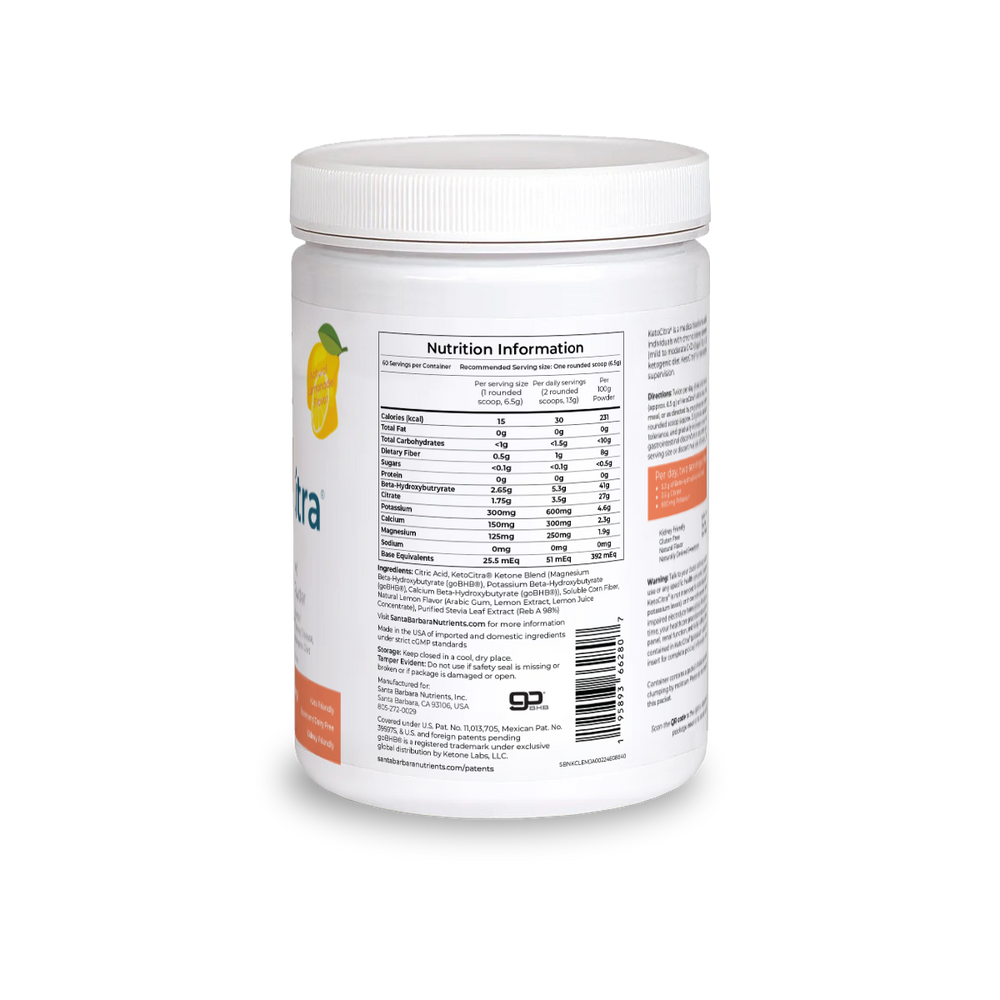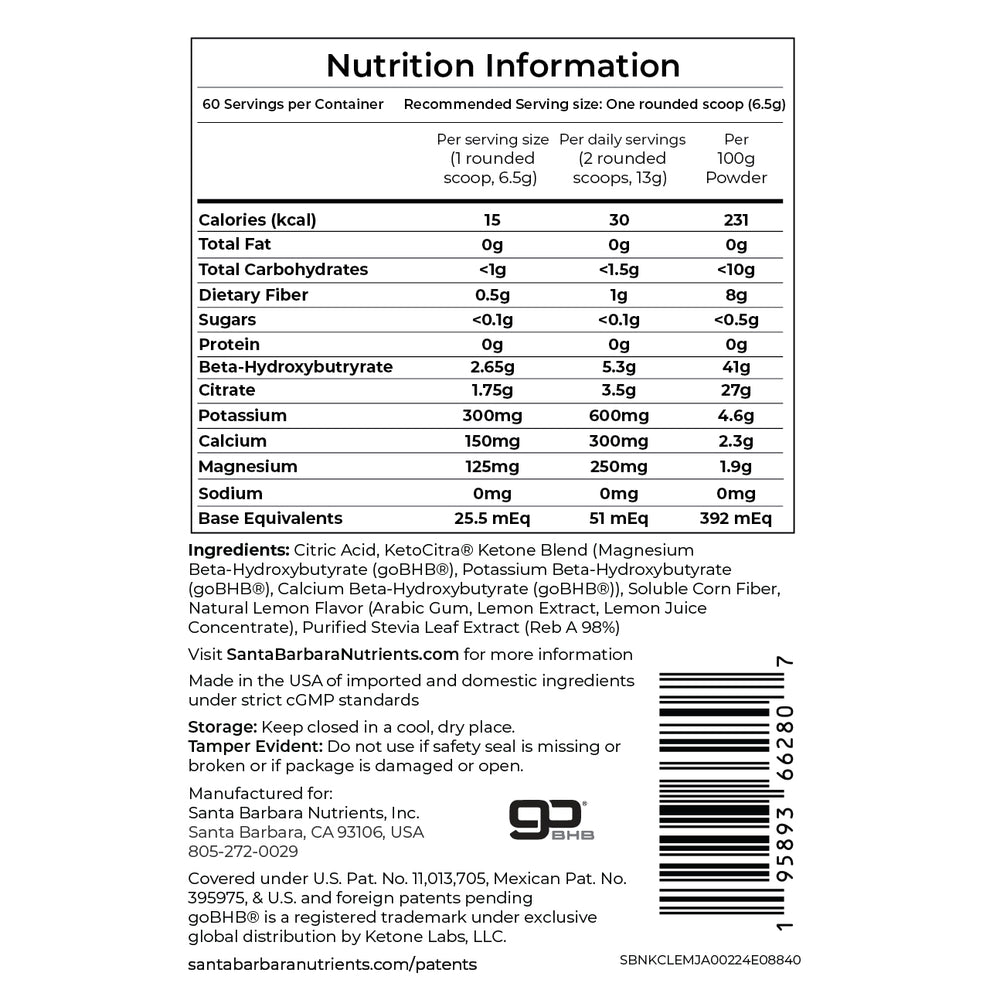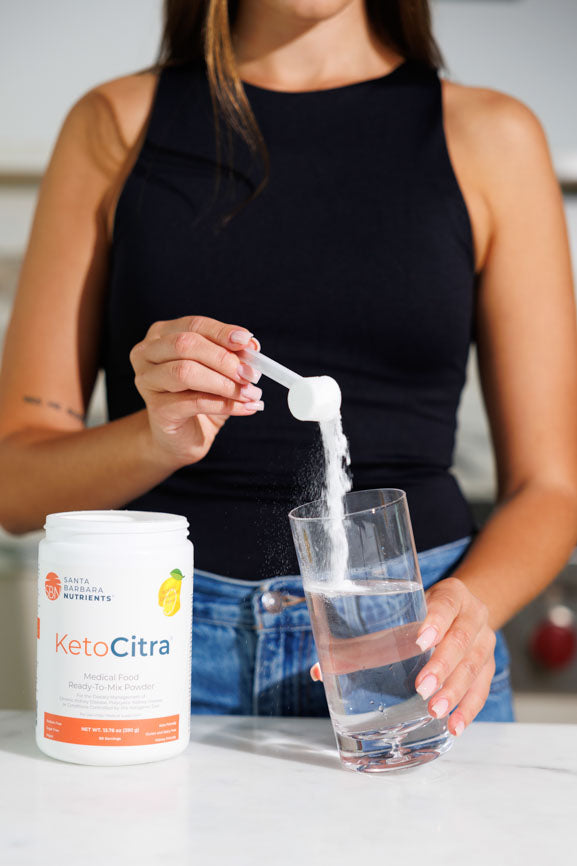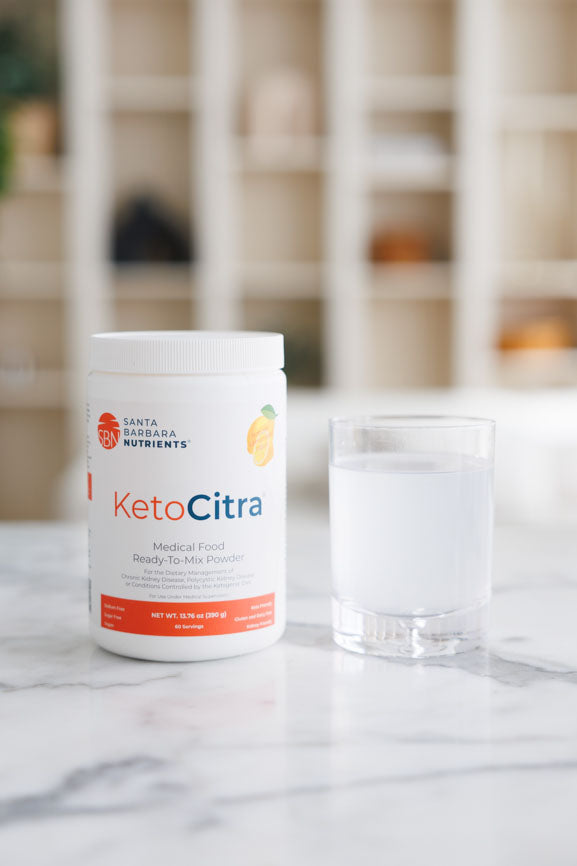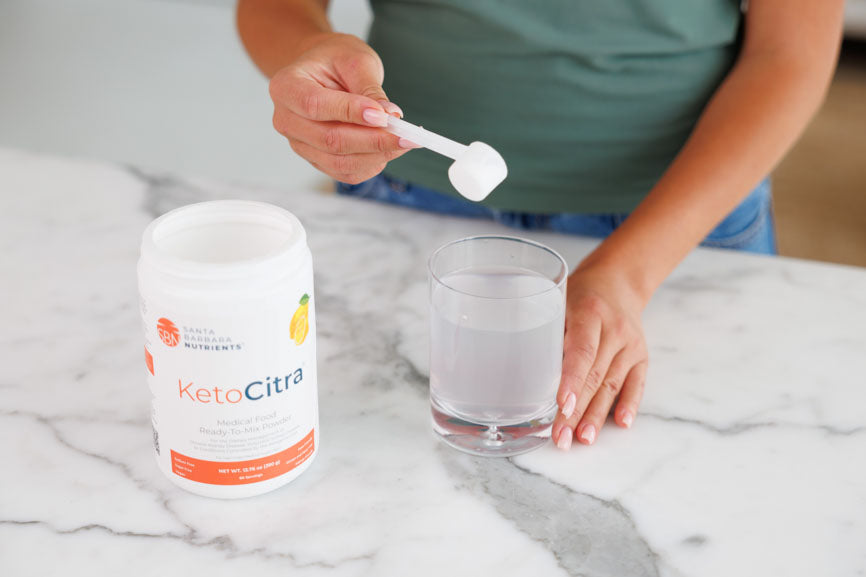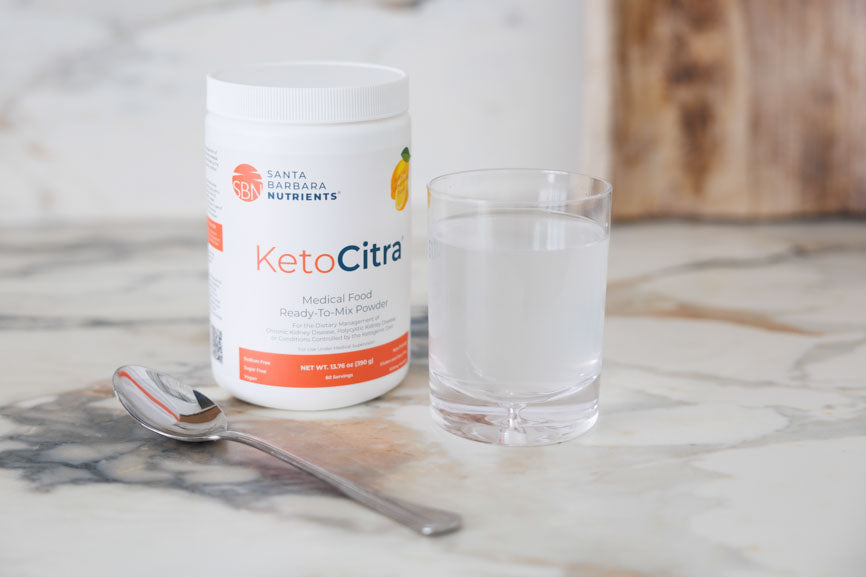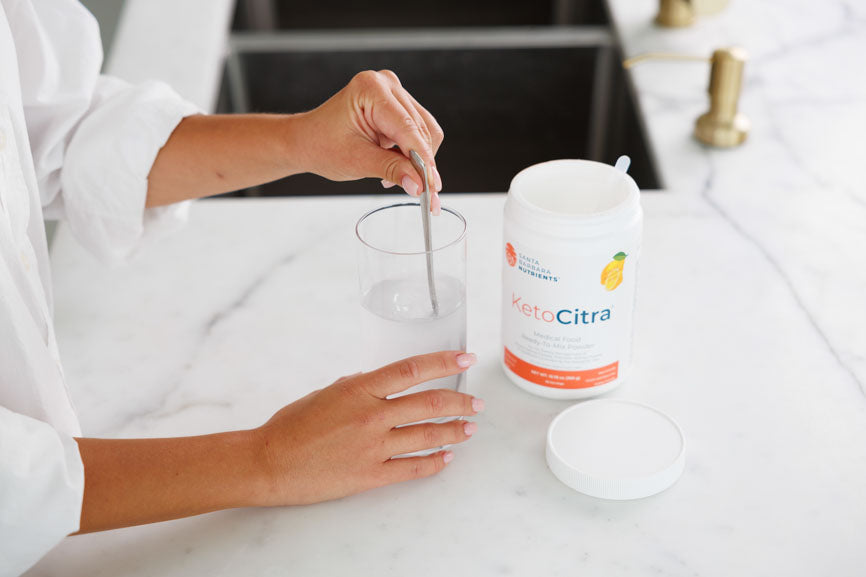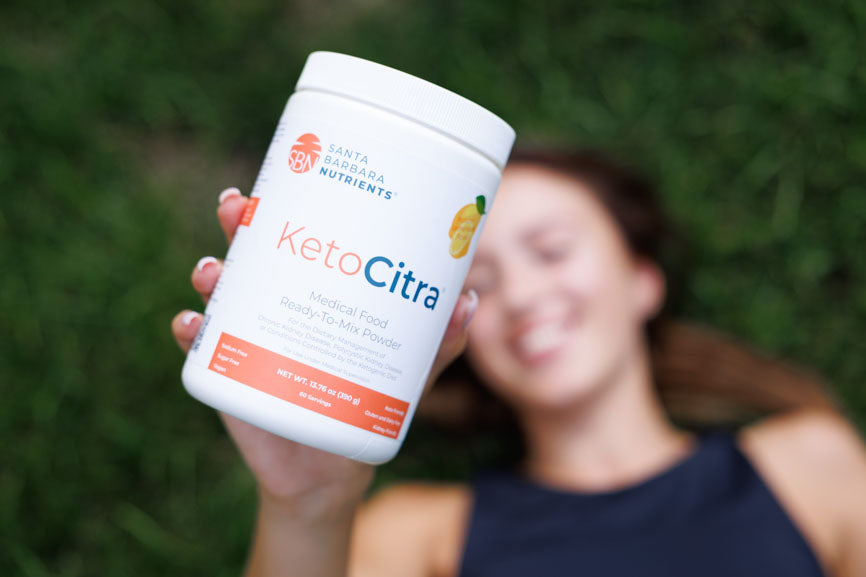Helpful information for keeping your kidneys resilient and healty. All in one place.
Nutrition & lifestyle changes to get the most out of KetoCitra for kidney disease
This detailed video explains how to make nutrition and lifestyle changes to get the most benefit out of the medical food KetoCitra.
We discuss the following topics:
Step 1: KetoCitra
Step 2: Decrease Carbs
Step 3: Hydration
Step 4: Oxalate
Step 5: Sodium
Step 6: Phosphate
Extra Tips - Time-restricted eating
Extra Tips - Ultra-processed foods
Extra Tips - Eating out
Extra Tips - Alcohol
Extra Tips - Prepare for change

